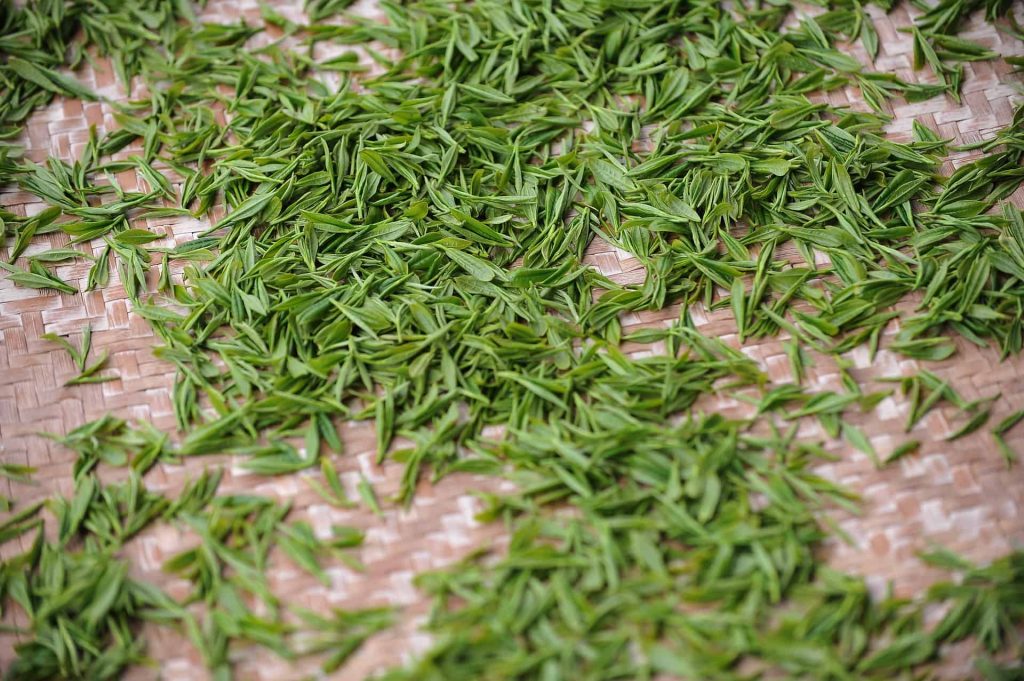
Free radicals in our everyday lifestyle and its impact on human health
Everyday our body is experiencing changes due to many factors including environmental pollution, smoking, alcohol, aging, work pressure, mental stress, unhealthy eating habits, exposure to electromagnetic wave radiation and use of chemical medicines, etc. As a result of these factors we are living with, our body generates substantial amounts of free radicals.
Available in various types, free radicals are unstable in nature and tend to snatch electrons from other substances to make themselves more stable while transforming the once stable compounds into free radicals. Our body has its antioxidant system which can fight against these harmful substances, and a balance between free radicals and antioxidants is required for proper physiological function. Nonetheless, when the generation of free radicals exceeds the antioxidant capacity of the body, a phenomenon called the oxidative stress occurs. Oxidative stress can cause damage to our body DNA, cells, ultimately tissue organs, subsequently lead to the occurrence of inflammation responses. These inflammatory responses triggered by oxidative stress are the underlying cause of many chronic diseases.
SOD provides antioxidant defense against free radicals
Superoxide dismutase (SOD) is a natural and metal ion-dependent antioxidant enzyme, which is widely distributed virtually in all living organisms, including microorganisms, plants, animals and humans. SOD is the most powerful and important free radical scavenger in the cell, which fights off free radicals to protect human DNA, cells, tissues and organs from the deleterious effects caused by these harmful substances. Extensive amounts of free radicals caused by factors such as work stress and environmental pollution can indirectly result in a certain degree of damage to our body, hence, SOD plays a significant role in our body’s antioxidant mechanism to avoid these concerns.
SOD can effectively resist and block the damage caused by superoxide anion (O2-) towards the cells and tissues. Derived from oxygen, O2- is a reactive oxygen species, a type of free radical, which is also an intermediate metabolite generated through a variety of natural biochemical reactions in our body involving oxygen metabolism. SOD provides cellular defense by specifically breaking down O2- into hydrogen peroxide (H2O2) and molecular oxygen (O2), followed by degradation of H2O2 into water and O2 by either other naturally occurring antioxidant enzymes, namely catalase (CAT) or glutathione peroxidase (GPX) in the body. SOD, CAT ad GPX form the first line antioxidant defense in our body to prevent the development of oxidative stress and related disorders.
O2- is involved in mechanisms that lead to the generation of other ROS such as hydroxyl radical (OH-), in which OH- is the most dangerous free radical and it is highly reactive. Prolonged free radical injuries caused by OH- can result in serious health concerns. By reducing the amount of O2-, SODs also regulate the concentration of these harmful OH-, thereby minimizing the risk of severe health complications.
Though SOD is produced naturally in the body, the level of SOD deteriorates with age, resulting in antioxidant power depletion. Reduced antioxidant power indicates that your cells are more susceptible to oxidative stress caused by free radicals, which could subsequently lead to oxidative stress-related diseases. Not only antioxidants are the only agents that prevent oxidation damages and stress caused by free radicals, but they also work importantly in eliminating antioxidant deficiencies. Studies have also demonstrated the therapeutic potentials of SODs in numerous diseases including cancer, inflammatory diseases, aging, cardiovascular diseases, diabetes, etc. Therefore, SOD supplementation is a safe and natural approach to help in preventing oxidative stress-related diseases, which can lead to healthier wellbeing.
References: